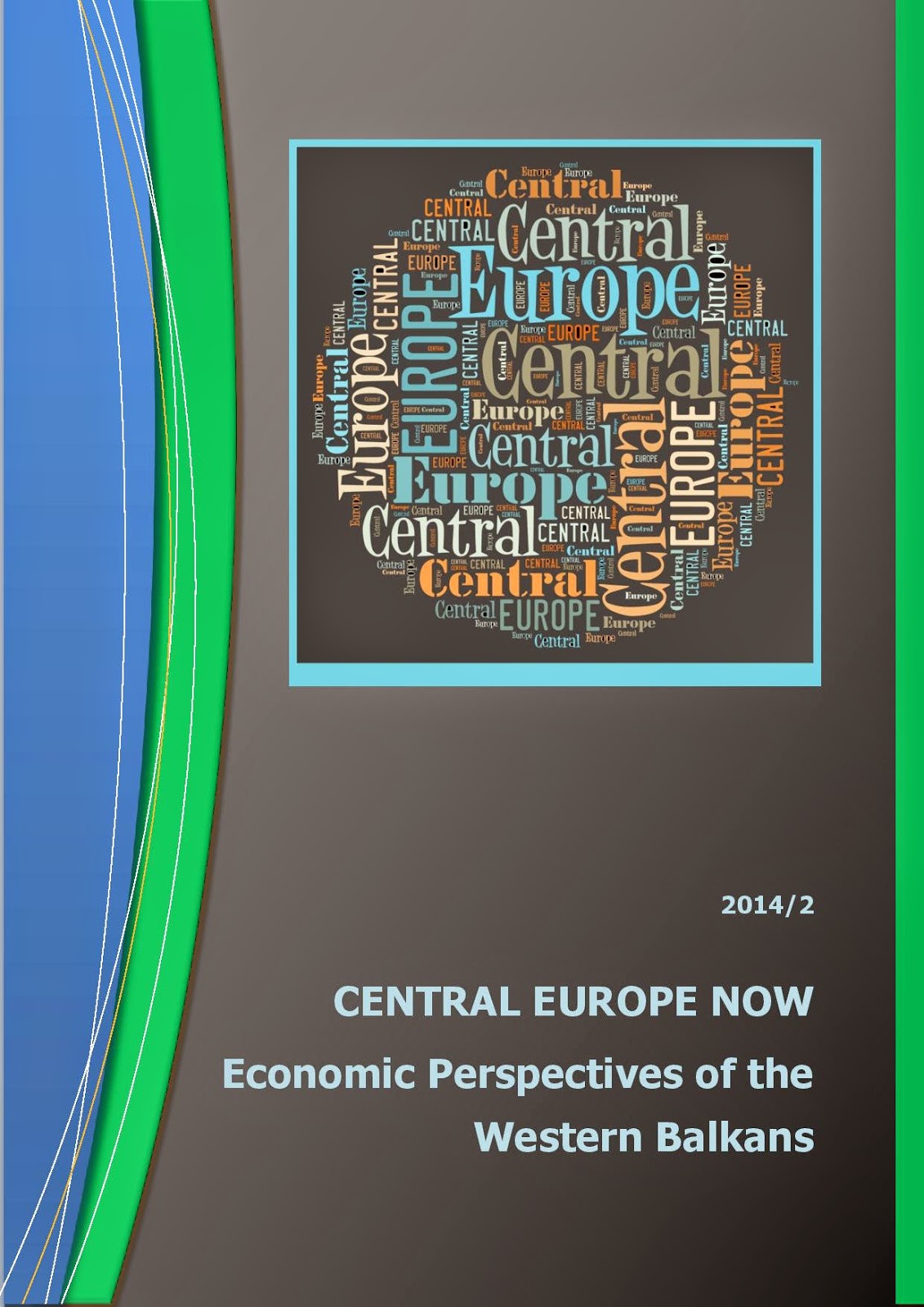The economic situation in the Western Balkans can be best described with
the term “cumulative crisis”. Unfavorable economic consequences of the wars and
the disruption of international economic relations in the nineties were
aggravated by the problems of transition and reform after the turn of the
millennium. This already difficult situation was further exacerbated by the
international economic and political crisis in recent years. In order to manage
the region’s multiple economic challenges, the solutions offered by
international institutions are mostly based on budget consolidation and
structural reforms. Austerity measures may be coupled with the privatization of
currently profitable firms through the involvement of foreign capital in order
to increase budget revenues and because of the scarcity of domestic capital.
Based on recent developments across several countries, it is realistic to
expect that these measures will significantly increase the risk of hostile
attitudes against foreign investors and owners unless the living standard of
households improves according to expectations.
The same disappointment may easily prompt hostility against the European Union
or the democratic transformation resulting in increasing resistance against the
current economic and political model. (Click on the picture.)


No comments:
Post a Comment